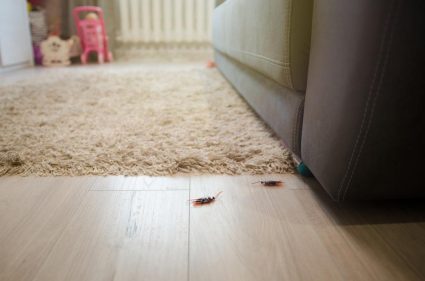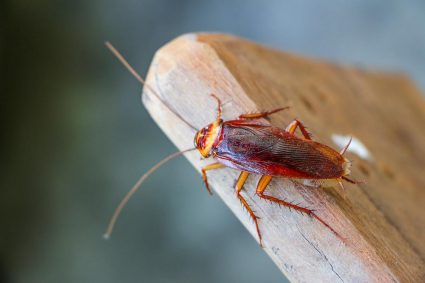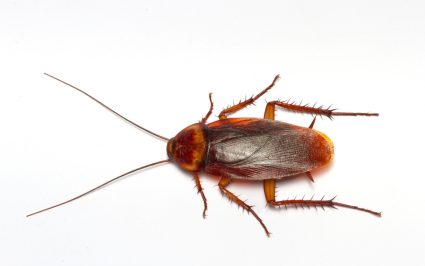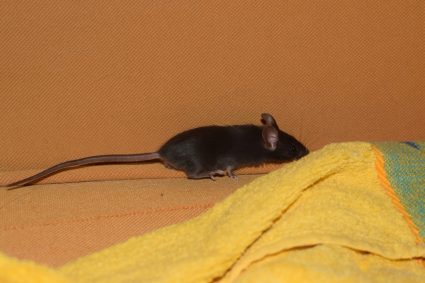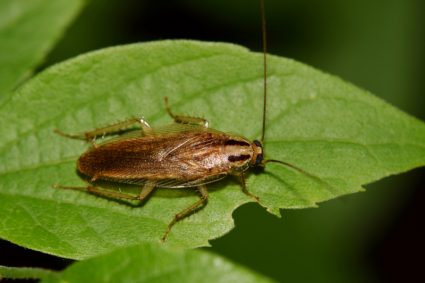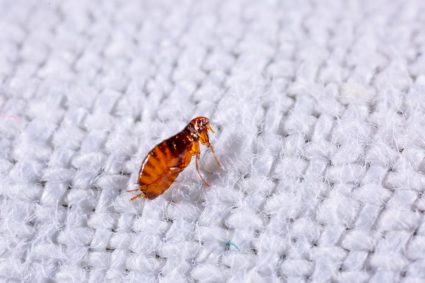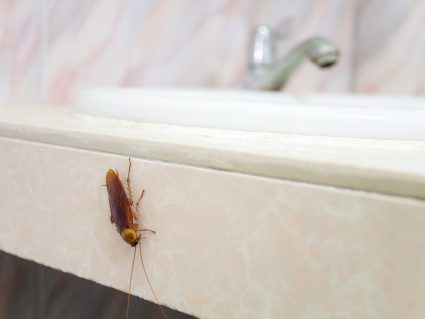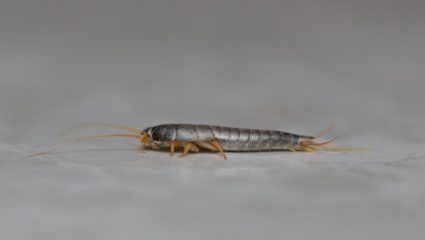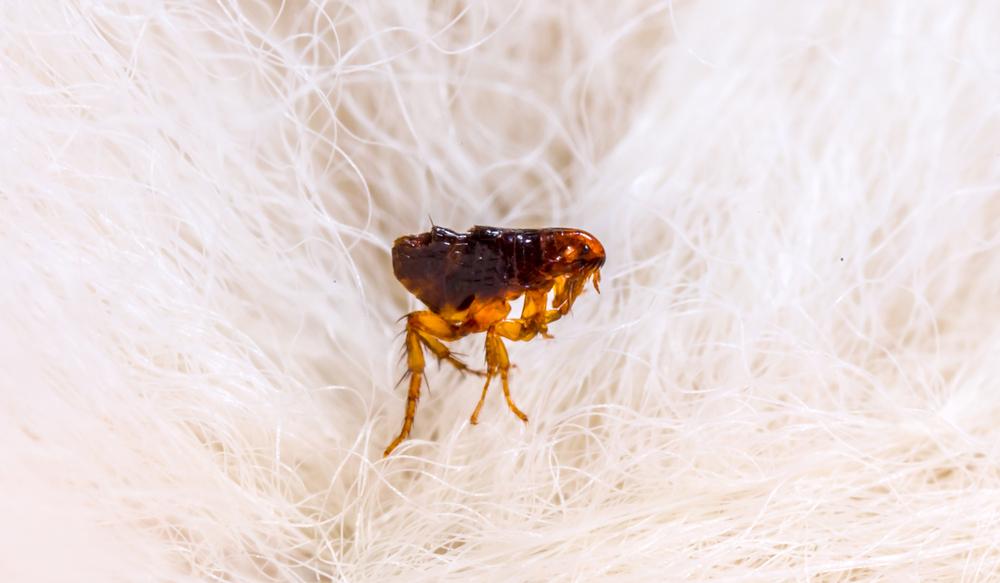
When you’re a pet parent, keeping your furry friends safe and healthy is a top priority. This includes protecting them from pesky parasites like fleas. But when it comes to kittens, finding a safe and effective flea shampoo can be tricky. They’re smaller, more sensitive, and have different needs than adult cats. So, what flea shampoo is safe for kittens? Let’s dive in and find out.
Choosing a safe flea shampoo for kittens involves selecting a product suitable for their age and size, usually kittens older than 8-10 weeks or over 1.5-2 pounds. Safe ingredients include natural plant-based ingredients, pyrethrins, piperonyl butoxide, oatmeal, and aloe. Avoid ingredients like pyrethroids, essential oils, alcohols, and certain preservatives and fragrances. Always consult your veterinarian for the best recommendations.
Choosing a Safe Flea Shampoo
When choosing a flea shampoo for kittens, it’s vital to select a product that’s safe and suitable for their age and size. Most flea products are safe for kittens older than 8-10 weeks or over 1.5-2 pounds. However, it’s crucial to read the warnings and instructions carefully. And always consult your veterinarian for the best recommendations.
Safe Ingredients in Flea Shampoos for Kittens
- Natural plant-based ingredients: Some flea shampoos use natural ingredients like aloe, chamomile, and cedar oils to kill fleas on contact and provide protection for up to seven days. These ingredients are considered safe for kittens and adult cats.
- Pyrethrins and piperonyl butoxide: These are common ingredients in flea shampoos that work together to kill fleas and ticks. However, it’s important to note that most flea shampoos and treatments are not recommended for kittens under 12 weeks of age. For very young kittens, it’s safer to use a combination of flea combing and bathing with a gentle dish soap.
- Oatmeal and aloe: For kittens with sensitive skin, look for flea shampoos containing soothing ingredients like oatmeal, aloe, and chamomile. These ingredients can help moisturize dry, flaky skin and provide relief from flea-related irritation.
- Tear-free formula: For young kittens, consider using a gentle, tear-free shampoo like Johnson’s Baby Shampoo. This type of shampoo is less likely to cause irritation if it accidentally gets into the kitten’s eyes.
Ingredients to Avoid
Certain ingredients can be harmful or toxic to kittens. These include pyrethroids, essential oils, alcohols, and certain preservatives and fragrances. Always read the labels of flea shampoos and consult with a veterinarian before using any product on your kitten.
Recommended Brands
- Advantage Flea and Tick Treatment Shampoo for Cats and Kittens
- Veterinary Formula Flea and Tick Shampoo for Cats
- Johnson’s Baby Shampoo with Tear-Free Formula
- Zodiac Flea & Tick Shampoo for Cats
- Natural Chemistry Flea Shampoo for Cats
Keep in mind that most flea shampoos are unsafe for kittens under 12 weeks of age. If you have a very young kitten with fleas, the safest treatment option involves a combination of flea combing and bathing with a gentle dish soap.
Side Effects and Precautions
Using flea shampoo on kittens can potentially cause side effects, especially if the product contains harsh chemicals. Always monitor your kitten for signs of discomfort or adverse reactions after using flea shampoo. If you notice symptoms like tremors, excessive drooling, lethargy, or loss of balance, consult your veterinarian immediately.
Alternative Methods for Flea Control
If you’re looking for natural alternatives to flea shampoos, consider methods like flea combs, vinegar rinses, or even lemon juice sprays. However, remember that these methods might not be as effective as commercial flea treatments, and always consult your vet before trying a new remedy.
Final Thoughts
Keeping your kitten flea-free is crucial for their health and comfort. While there are many flea shampoos on the market, not all are safe for kittens. Always choose a product that’s specifically designed for kittens, and consult your vet if you’re unsure. With the right care and precaution, you can help your kitten stay happy, healthy, and flea-free.
Frequently Asked Questions
How often should I use flea shampoo on my kitten?
Flea shampoo should be used as directed on the product’s packaging, typically once every 7-10 days. However, overuse can lead to skin irritation and other health issues. Always consult your vet for the best advice tailored to your kitten’s needs.
Can I use flea shampoo designed for dogs on my kitten?
No, you should never use a flea shampoo designed for dogs on your kitten. Dog flea shampoos can contain ingredients that are toxic to cats, such as permethrin. Always use a product specifically designed for cats or kittens.
Can flea shampoos completely eradicate fleas from my kitten?
Flea shampoos can kill adult fleas on your kitten, but they may not kill all flea eggs or larvae. To fully eradicate fleas, you may need to combine flea shampoo with other treatments, such as spot-on treatments, flea collars, or oral medication. Always consult your vet for the best course of action.
Can I use flea shampoo on a pregnant or nursing cat?
Some flea shampoos may not be safe for pregnant or nursing cats. Always check the product label and consult with your veterinarian before using any flea treatment on a pregnant or nursing cat.
Can I use human shampoo to bathe my kitten?
Human shampoos, even baby shampoos, can disrupt the pH balance of your kitten’s skin and lead to dryness and irritation. It’s best to use a shampoo specifically designed for kittens. If necessary, a mild, unscented dish soap can be used as a temporary substitute, but always consult your vet first.

